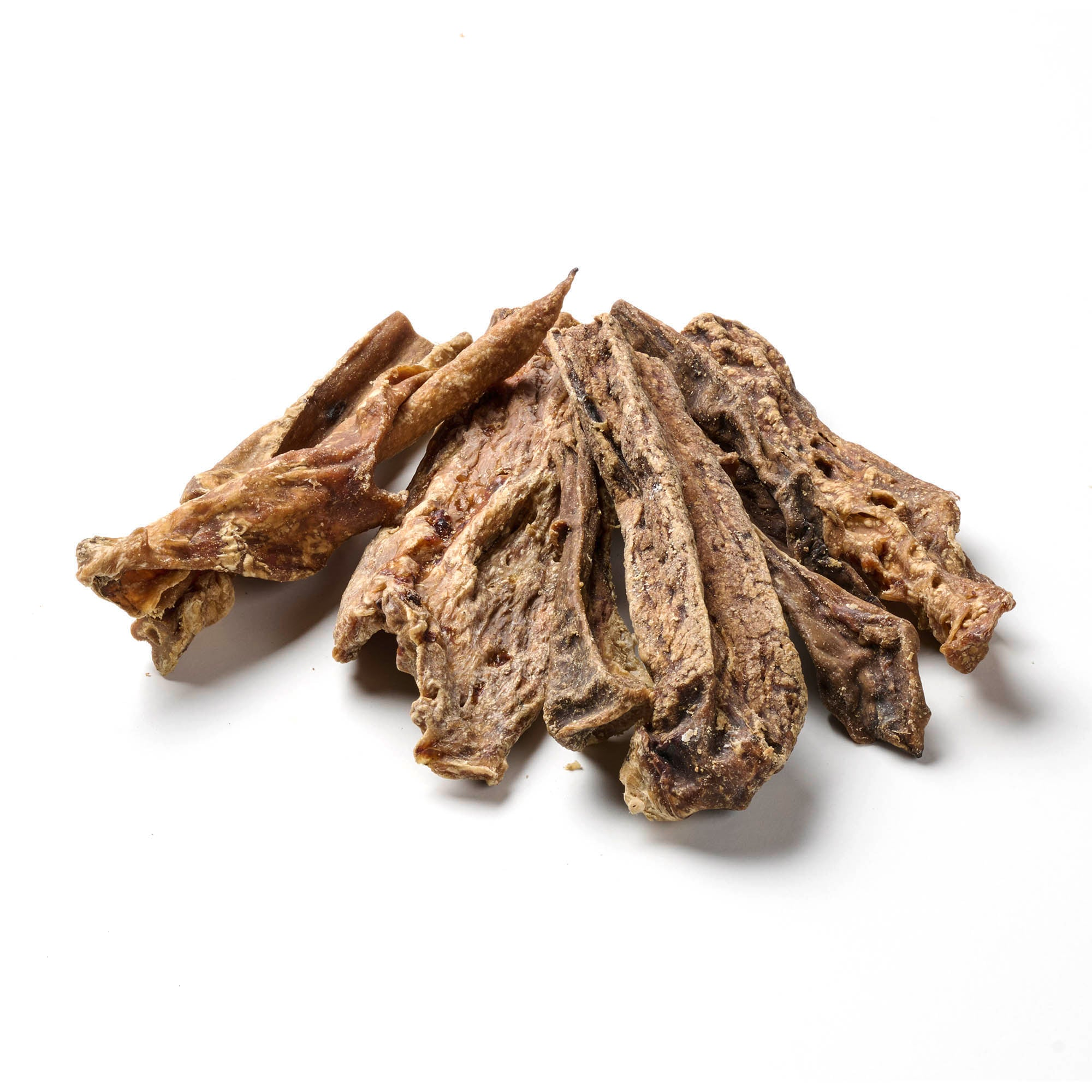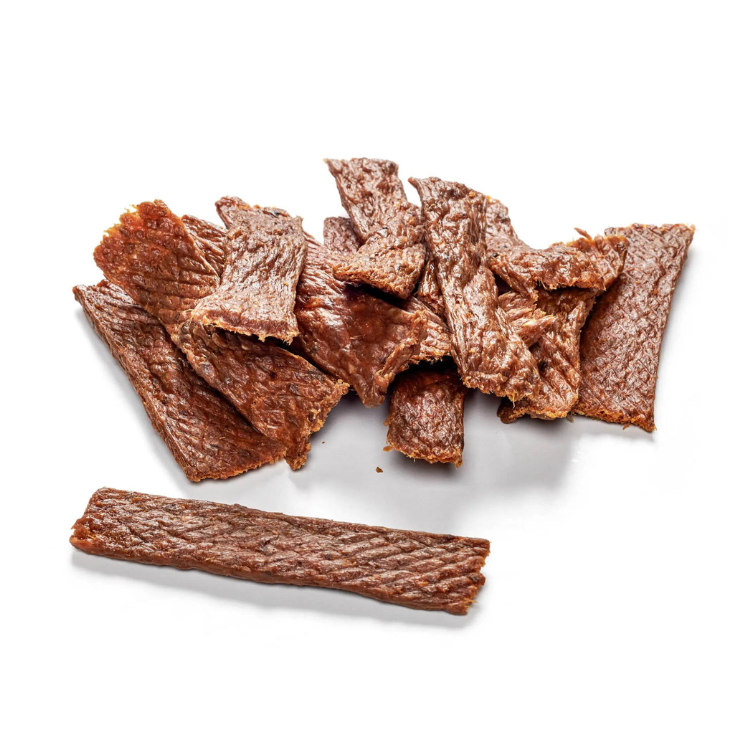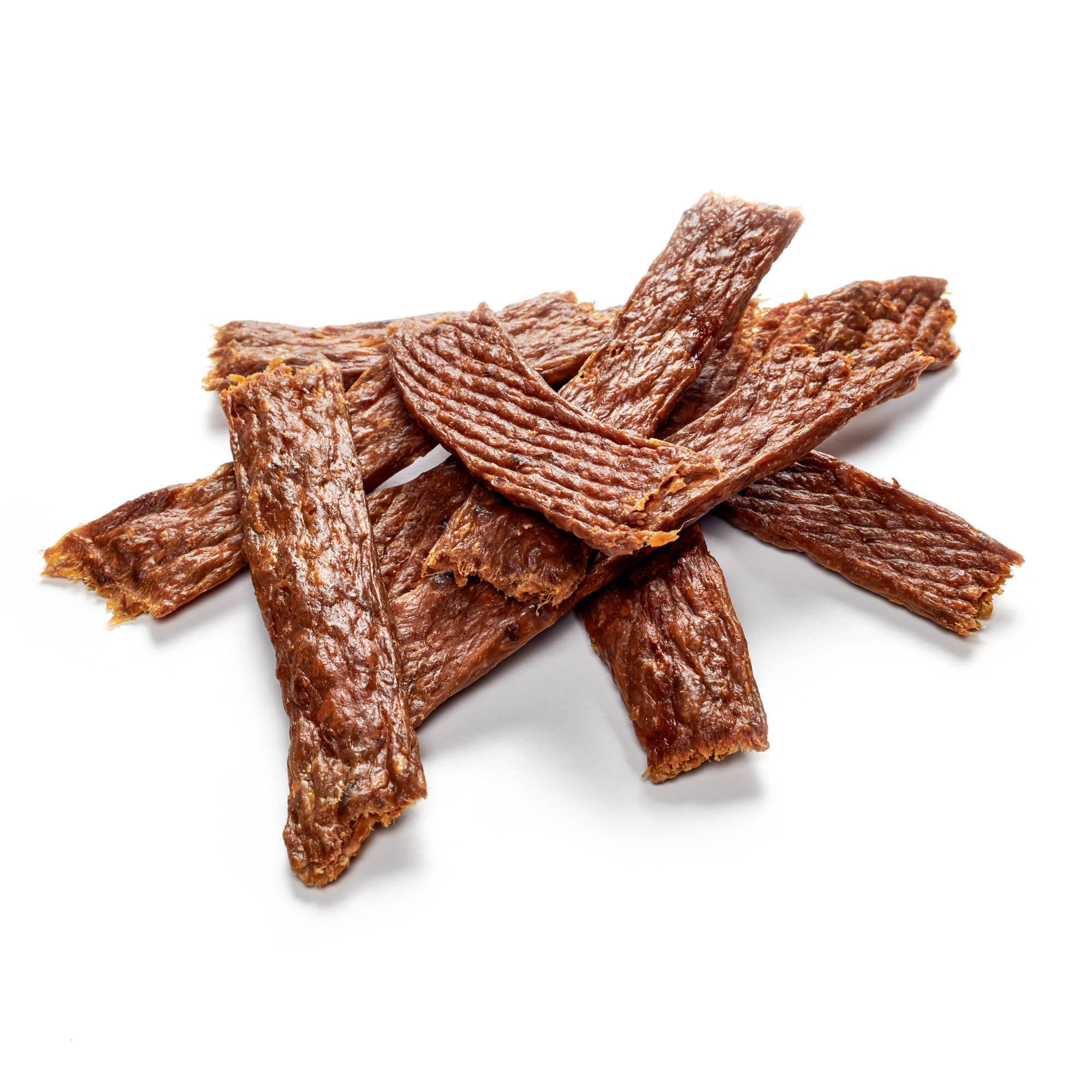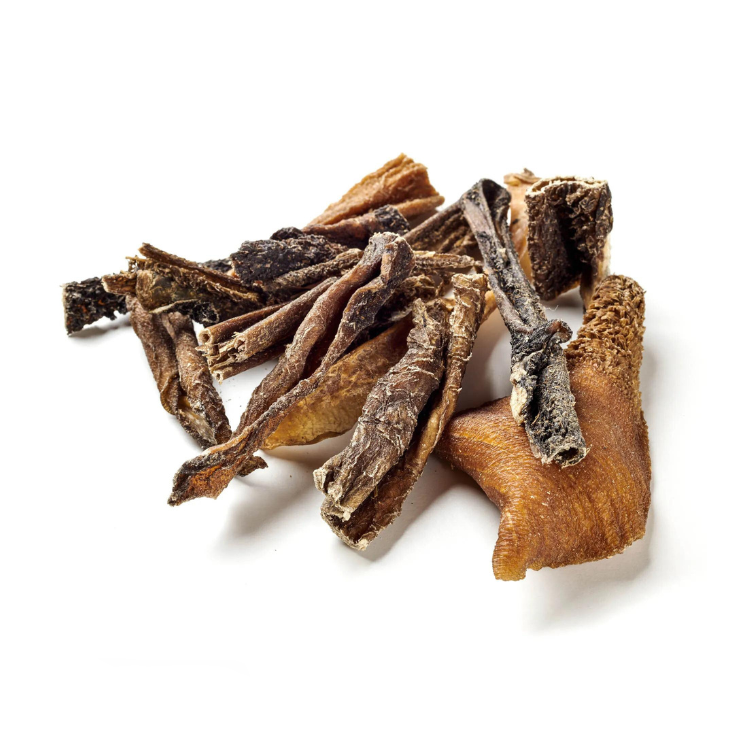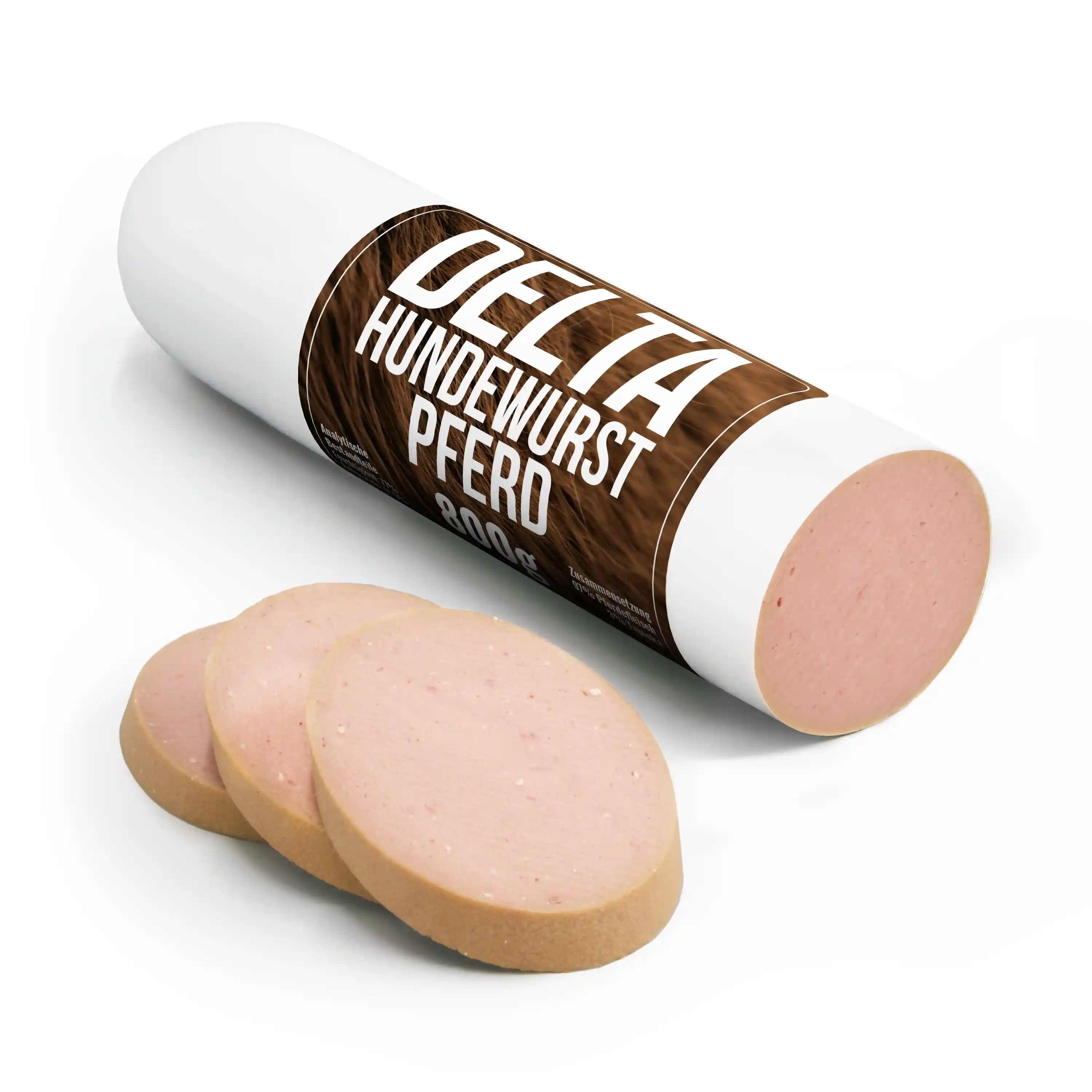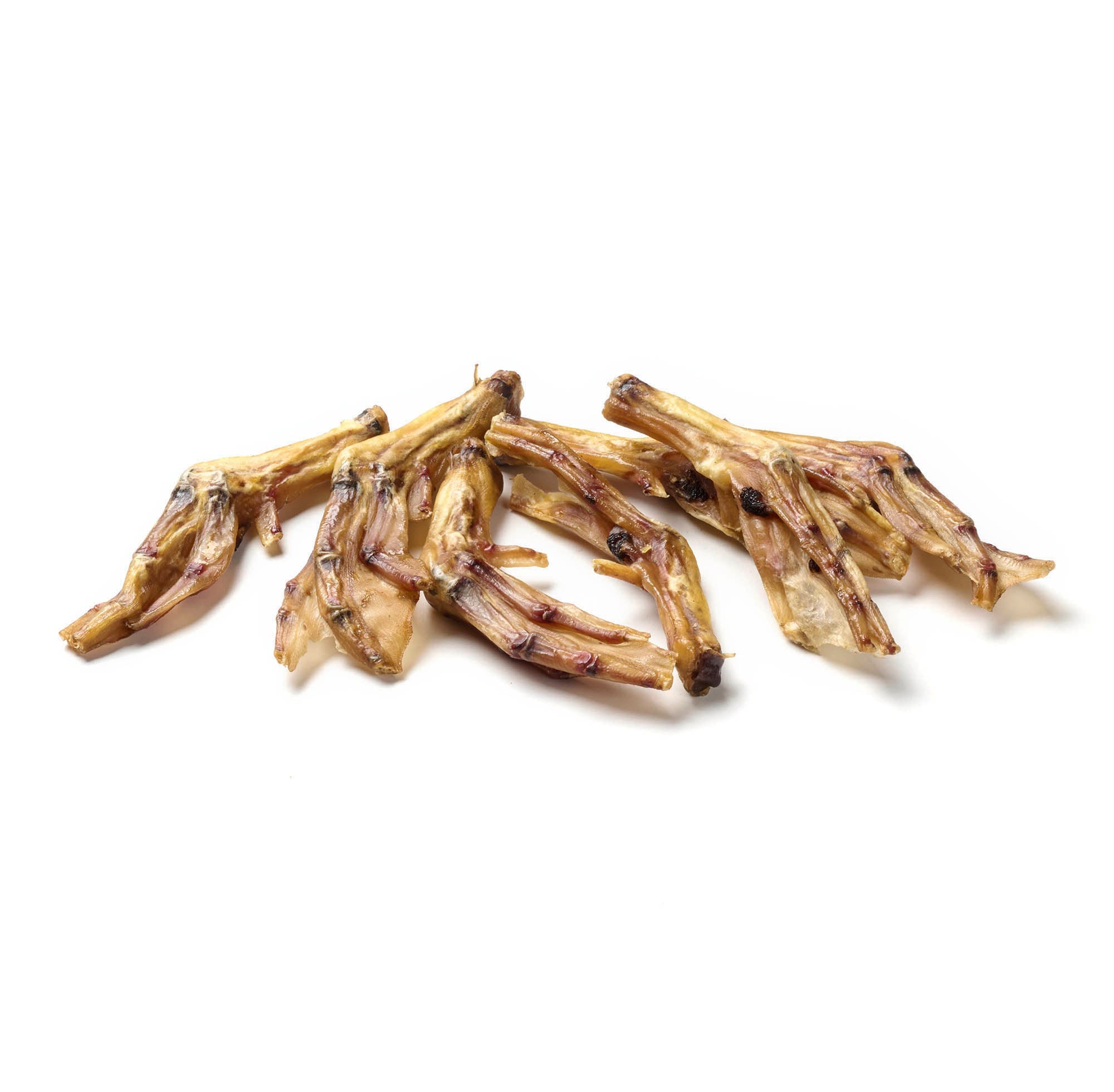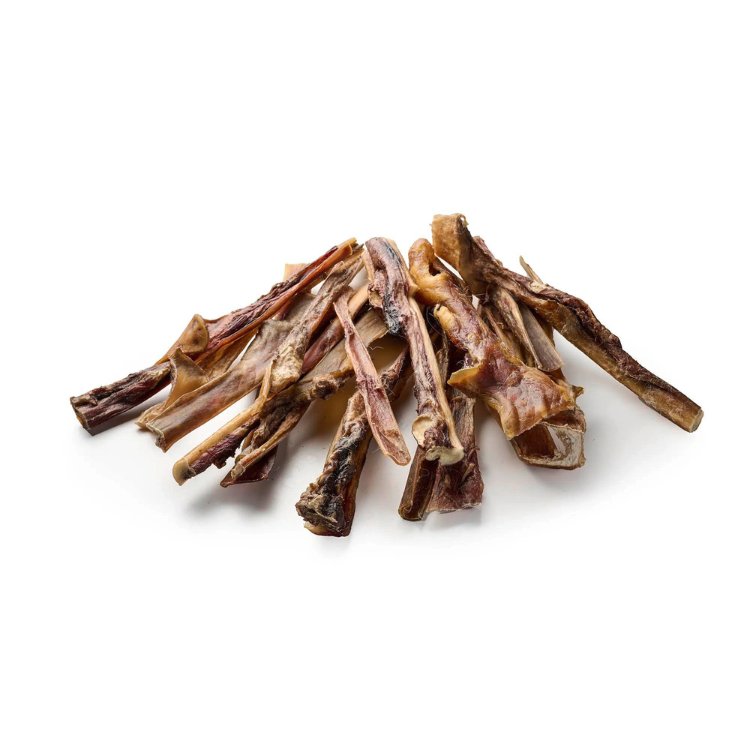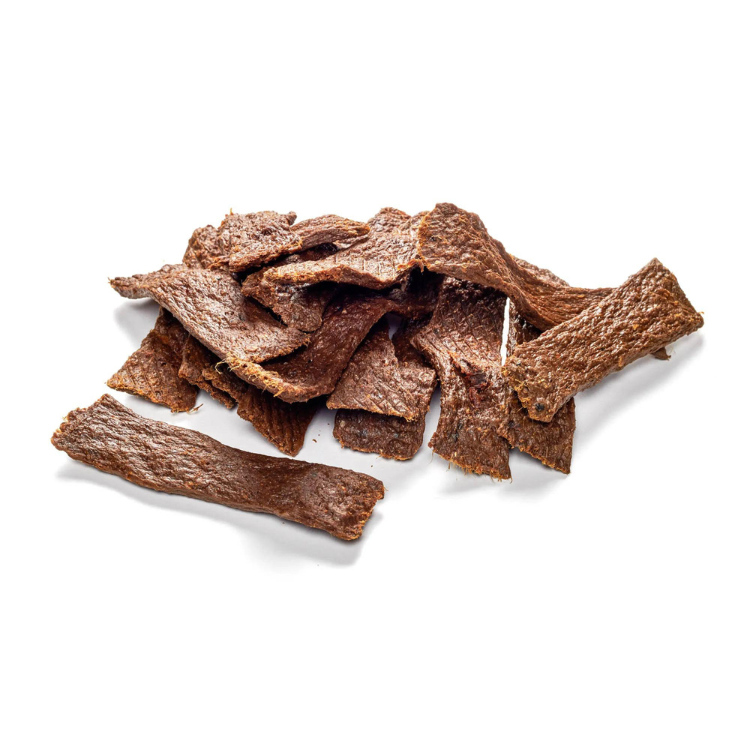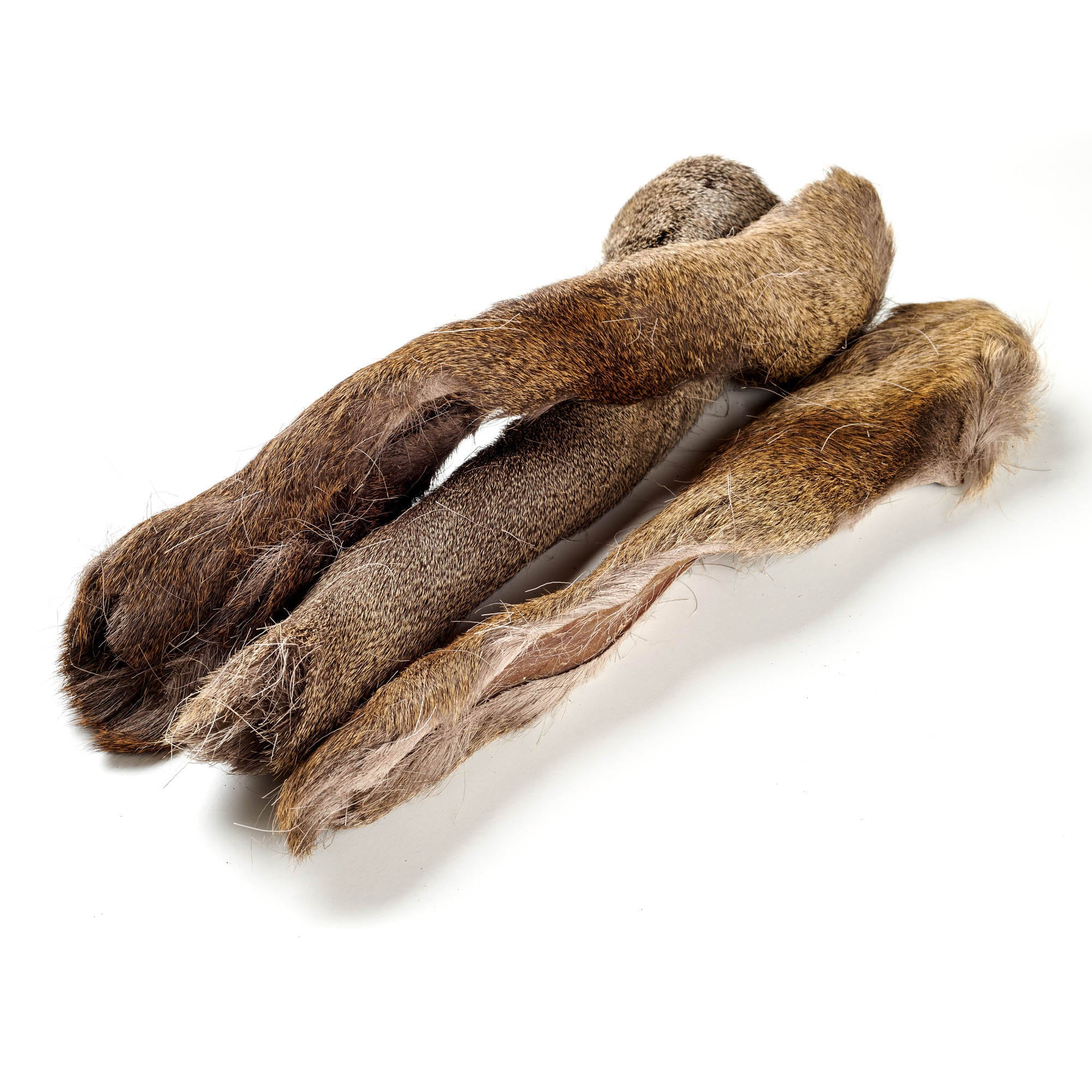
Your dog doesn't want to eat - Possible causes of loss of appetite in dogs
Share
Your dog doesn't want to eat - Possible causes of loss of appetite in dogsIt is always a cause for concern for dog owners when their four-legged friend doesn't want to eat, but there can be various reasons for this. There is not always cause for concern, but if the dog's loss of appetite persists for a longer period of time, you should visit a vet to have the dog's health situation checked out.
Content: Loss of appetite in dogs
- Reasons for loss of appetite in dogs
- Psychological causes
- Clinical causes
- Educational cause
- Other causes
- Conclusion
Reward your best friend with our dog treats!
Reasons for loss of appetite in dogs
If your four-legged friend temporarily refuses to eat and does not show any other alarming symptoms, in most cases there is no cause for concern. However, if the dog or puppy's lack of appetite persists over a longer period of time, one of the following possible causes could be behind it:
Psychological causes
Psychological stress is often the cause of loss of appetite in dogs. Sensitive dogs often react to stress, pressure or hormonal changes with a reduced appetite.
A dog's appetite can be affected by various factors. The absence or loss of a familiar person or companion can cause the dog to temporarily lose its appetite. In bitches, heat or pseudopregnancy can also affect the appetite. Male dogs often react to the scent of a bitch in heat. During puberty, dogs experience hormonal changes that can affect their appetite. Changes in environment such as moving or vacation , noise and the addition of new family members can also affect a dog's appetite. It is important to pay attention to such signs and respond appropriately.
In such cases, it is advisable to support the dog with patience and understanding. This may mean giving him time to adapt to new situations or changes, as well as creating a calm and stress-free environment. However, if loss of appetite or other worrying symptoms persist, a veterinarian should always be consulted to rule out possible health problems. A close relationship and attentive care are crucial to ensure the dog enjoys a healthy and happy quality of life.
Clinical causes
For many canine illnesses and injuries, your dog's eating behavior can be an important symptom that indicates potential problems. This symptom can either occur alone or be associated with other health signs. Therefore, to determine the causes of your dog's loss of appetite, it is crucial to conduct a thorough examination and determine if other symptoms are present.
An initial check should include the condition of your pet's mouth to rule out possible injuries, toothache, plaque and tartar , or the presence of foreign bodies. It is also important to evaluate your dog's general health to see if he is calmer than normal or has lost weight. Additional symptoms such as diarrhea, vomiting, nausea, a hard or bloated abdomen, and elevated body temperature can also be clues to the underlying problem.
If one or more of these points apply, it is strongly recommended that you consult a veterinarian immediately. The veterinarian can carry out a thorough examination, determine the possible causes of the dog's loss of appetite symptoms and initiate the appropriate treatment. In many cases, early action can be crucial to ensure the health and well-being of your beloved pet.
Discover delicious dog snacks directly from our range!
Educational cause
Sometimes dog owners are unknowingly the reason for their dogs' lack of appetite. When feeding, some common mistakes can occur that affect the animals' eating behavior. A common mistake is having the wrong expectations, where dog owners overestimate their dog's actual food needs. In addition, hunger and energy requirements vary depending on the dog's breed and individual disposition. Treats are also often not included in the daily food ration, which can lead to the dog simply being full.
Another mistake is the frequent change of food, which can lead to dogs becoming picky and ignoring their food bowl. This can also cause digestive problems, as the intestinal flora must constantly adapt to new conditions. Finally, the behavior of the dog owner during feeding can also play a role. Some dogs are shy and feel insecure if they think that their owner is claiming the food for themselves. In such cases, it can help to leave the room so that the dog can eat in peace without being distracted or unsettled.
It is important to understand your dog's needs and to respond to them when feeding. This can mean paying attention to the dog's food selection and quantity, as well as the environment and behavior during eating. By being conscious and adjusting feeding behavior, dog owners can ensure that their four-legged friends receive the right amount of food and can eat without stress or uncertainty.
Other causes
The weather can also play a role, especially in high temperatures in summer when dogs are more likely to lose their appetite. It is important to ensure that the dog is well hydrated and kept cool.
The dog's age and teething can also affect eating behavior. As dogs get older, their sense of smell and taste decreases and food may seem less appealing. Soaking food in lukewarm water can help older dogs chew and digest it.
Another reason for a dog's loss of appetite can be that the dog is secretly fed treats or leftovers by neighbors or other household members, which means that the dog is already full and refuses its main food. Bad experiences with certain foods, for example during illness or stays in a veterinary clinic, can also cause the dog to refuse this food. In most cases, a temporary loss of appetite is harmless, but if it lasts longer or is accompanied by other symptoms such as weight loss, bloating or vomiting, a veterinarian should be consulted.
Conclusion
There can be many different reasons why your dog is not eating. As long as the lack of appetite does not last for a long period of time, it is harmless. However, if the dog or puppy's lack of appetite lasts for a long period of time, a visit to the vet is advisable to get to the bottom of the problem.
Delicious chews for your faithful companion now available!

